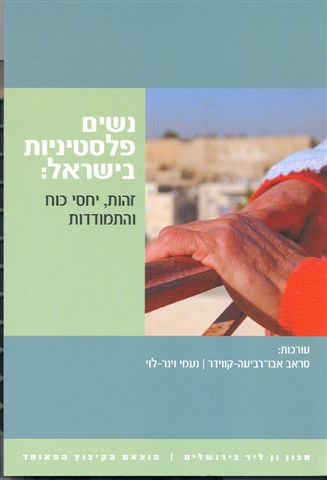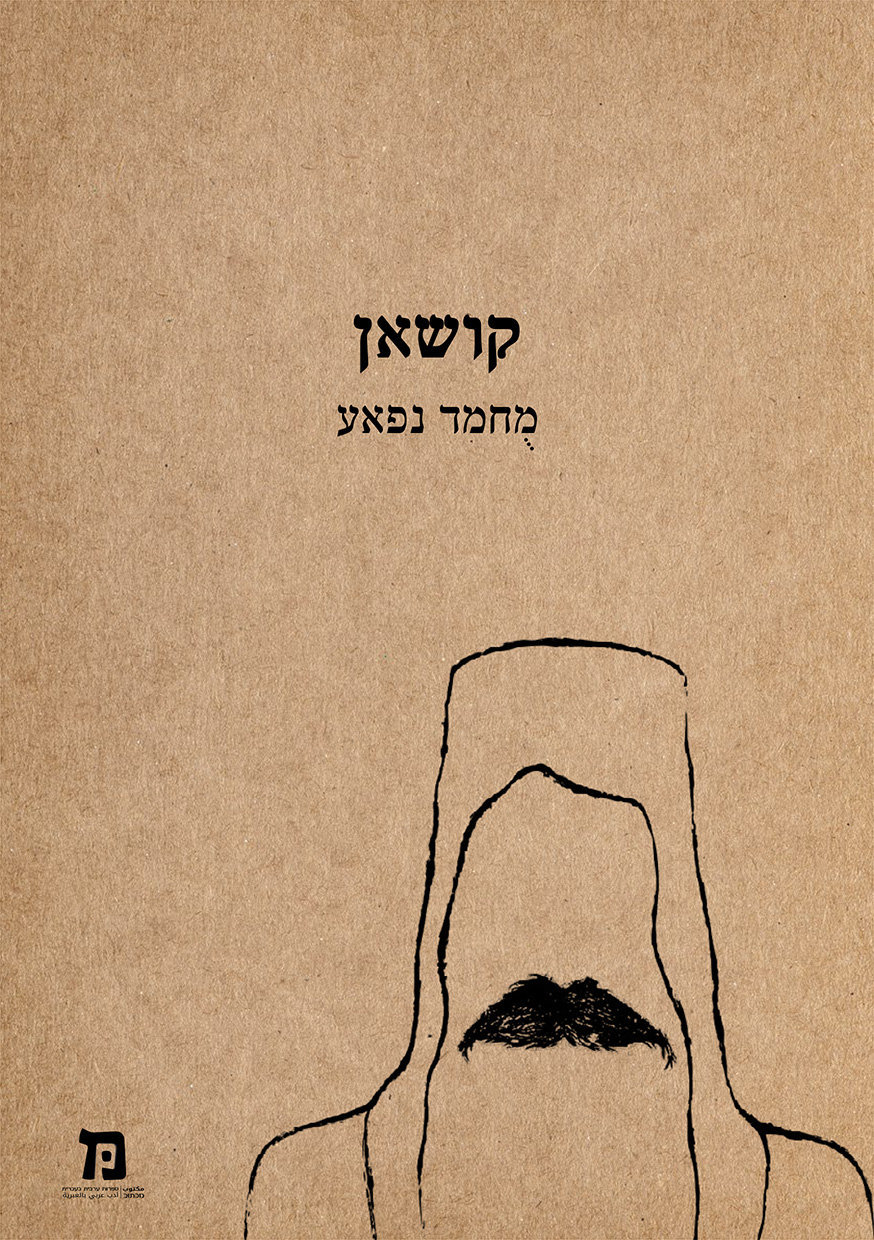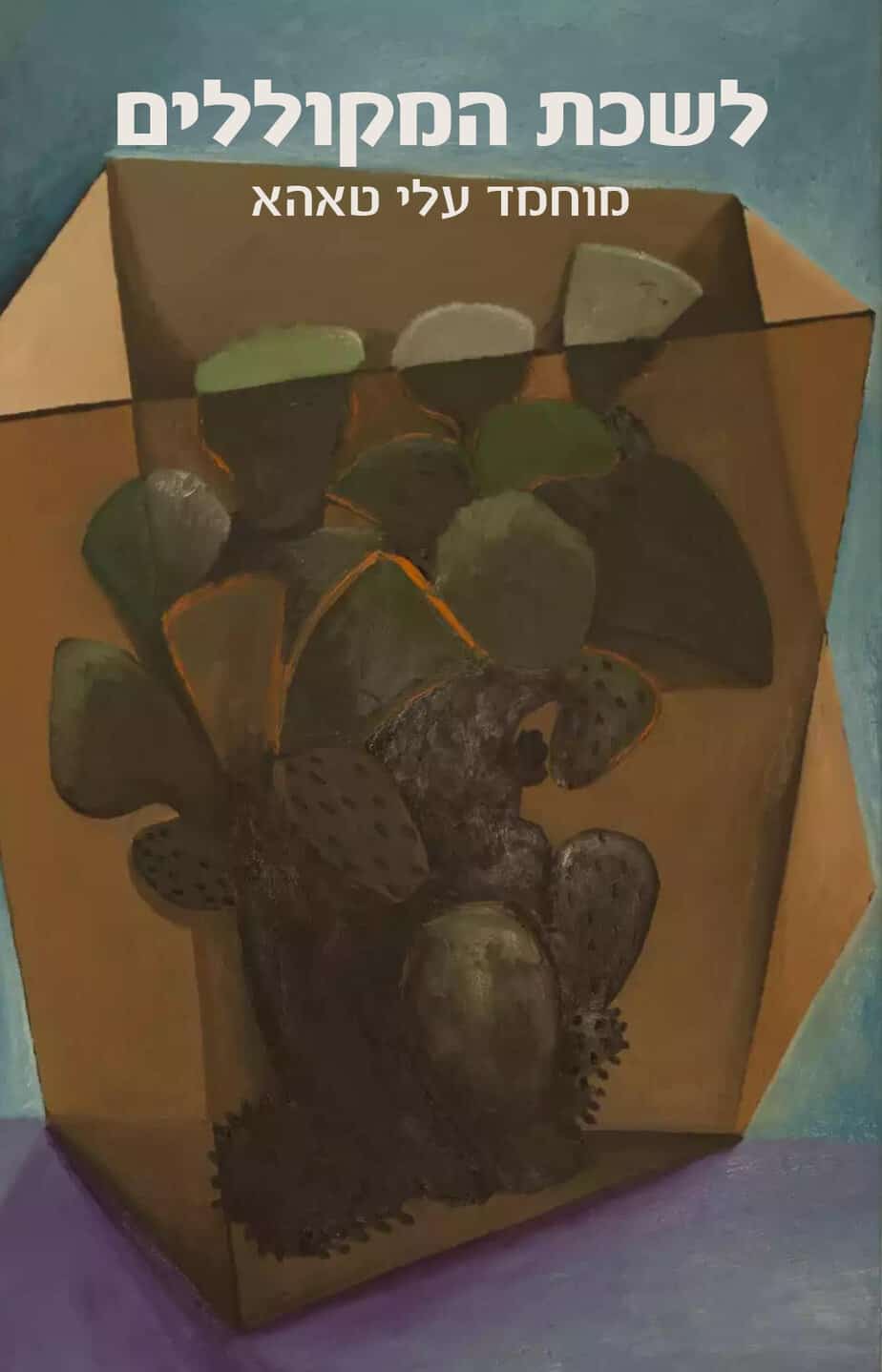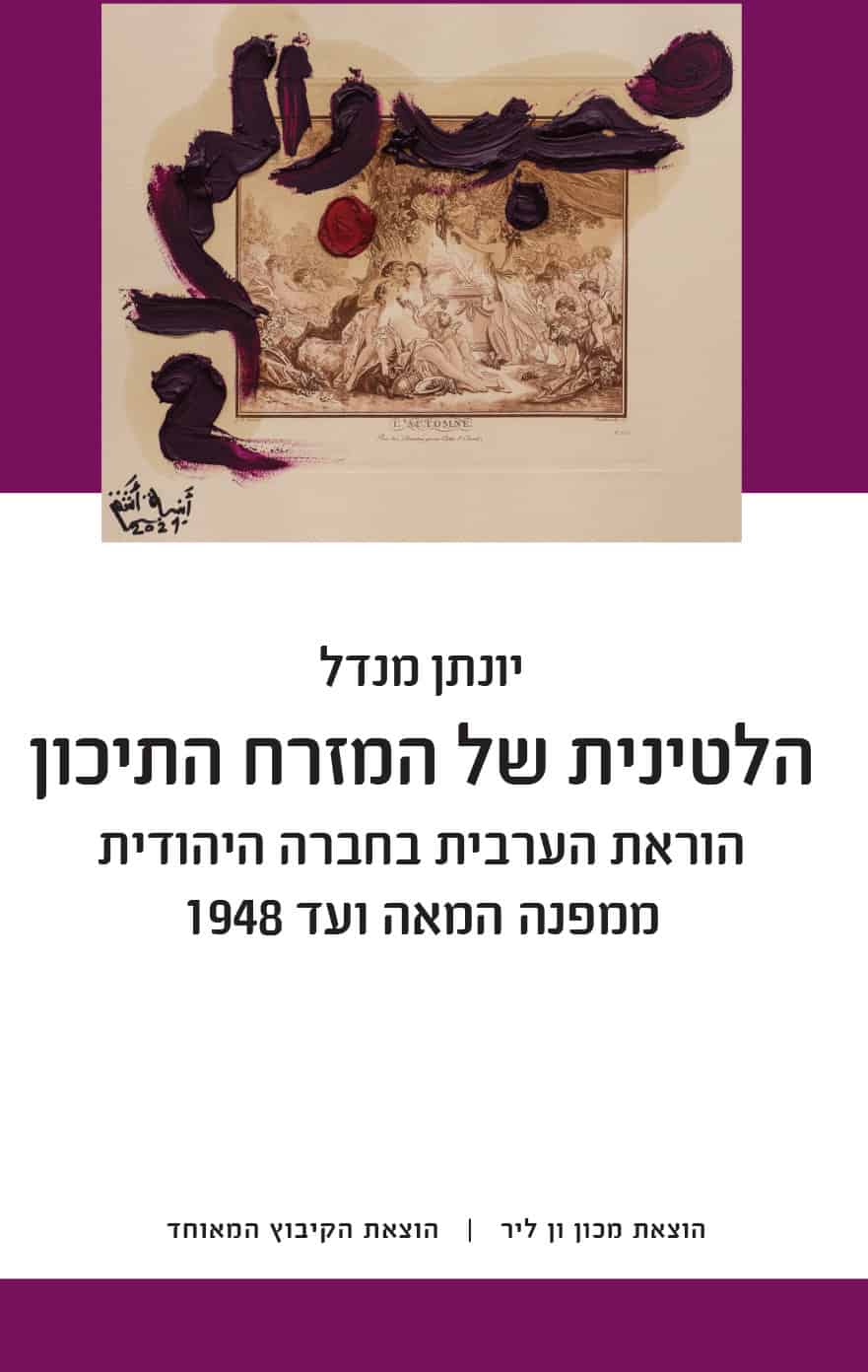Palestinian Women in Israel
Identity, Power Relations and Coping Strategies
| Edited by | Sarab Abu-Rabia-Queder, Naomi Weiner-Levy
|
| Publisher | Van Leer Institute Press and Hakibbutz Hameuchad |
| Language | Hebrew |
| Year of Publication | 2010 |
| Series | Theory in Context Series |
Palestinian Women in Israel: Identity, Power Relations, and Coping Strategies proposes a new reading of the concepts of “coping” and “agency” in the context of Palestinian women citizens of Israel. The book sheds light on these women’s unique means of coping as reflecting cultural sources of power, as it is customary to show in the Middle-Eastern feminist discourse, and sources of power derived from their unique national situation, that is, from the potential opportunities in the Israeli space.
The term “coping” relates to strategies of Palestinian women in the face of multiple power structures, both Palestinian and Israeli—such as state, patriarchy, family, intimate relations, marriage, education, and space—that dictate the conditions of their lives, their identity, and the spheres of agency that are available to them. These strategies are expressed in dialectic behavior in Palestinian society, in Israeli society and in the space between them. Nonetheless, sometimes women are unable to draw power from the cultural spaces (either Palestinian or Israeli), and they turn to inner, psychological coping, which is supported by the individual’s psychic world. The possibility of moving between social and psychological strata depends on the degree of rigidity or laxity of the structures of power and control the women are coping with.
The book aims to make the hidden Palestinian feminine voice heard and to give expression to the life experience of Palestinian women. The insight that arises from it is that the meaning of oppression, ways of life, and daily coping is context-dependent and changes in accordance with geographical place, politics, culture, and society. The presentation of many voices through research in a variety of disciplines clarifies a socio-cultural conceptualization of the ways of coping of Palestinian women in Israel and reveals a variety of aspects of coping, agency, and identity among these women.




